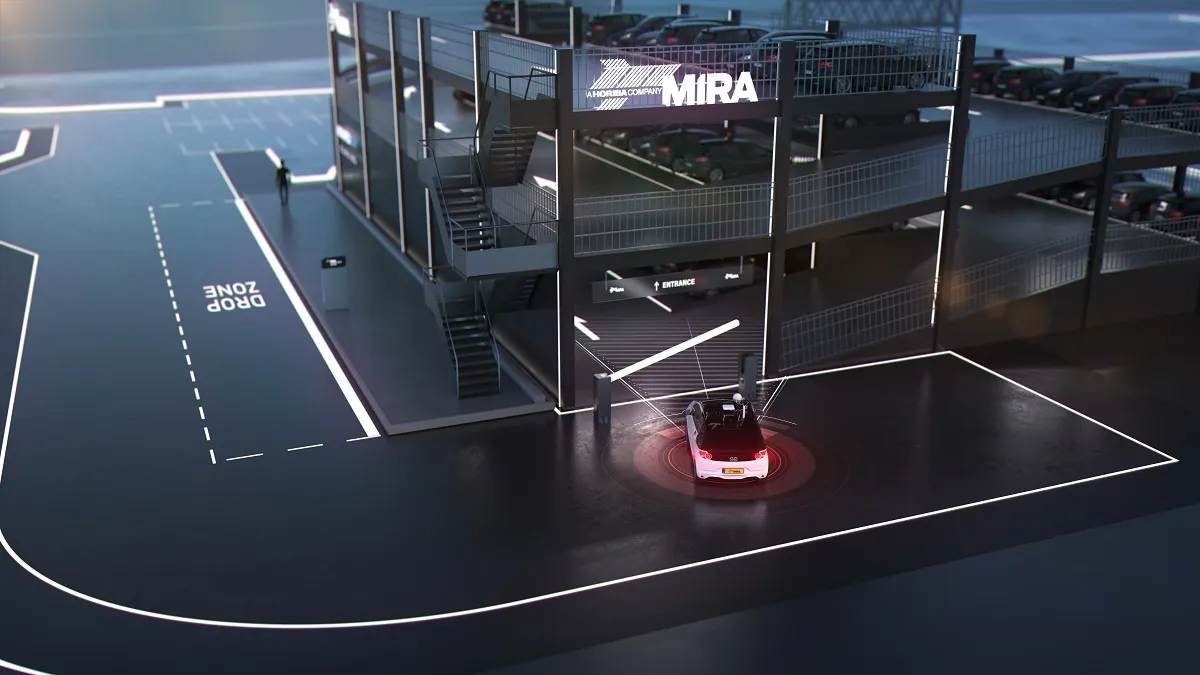The latest stage of the Gateway research programme, led by
Using a bespoke extension of the Gobotix remote driver assistance service app employed within a Toyota Prius, participants will gain an insight into the self-drive capability.
Participants will drive the adapted vehicle around a predefined route at the Greenwich Peninsula before employing autonomous functionality at the InterContinental Hotel to park and then summon the vehicle for a return journey.
Members of the public will take part in workshops designated by RCA in the Smart Mobility Living Lab to explore and evaluate the opportunities and challenges for automated valet parking, including business travel, shopping and family leisure trips.
Richard Cuerden, director of the TRL Academy, said: “There have been some incredibly valuable outcomes from previous Gateway trials, which are already informing future development of autonomous technology. This latest phase allows us to develop additional insights into attitudes to automated valet parking technology, refining the experience and capturing public perception of last-mile autonomous solutions. We’re excited to see the results.”
Automated valet parking demonstrations held in Greenwich
The latest stage of the Gateway research programme, led by TRL in collaboration with The Royal College of Art (RCA), Gobotix and DG Cities has selected a range of participants to take part in automated valet parking in the borough of Greenwich, London. The trial aims to simulate real-world opportunities of connected and autonomous vehicles as well as provide an opportunity to inform thinking on its future deployment in cities. Using a bespoke extension of the Gobotix remote driver assistance service app
December 14, 2017
Read time: 2 mins










